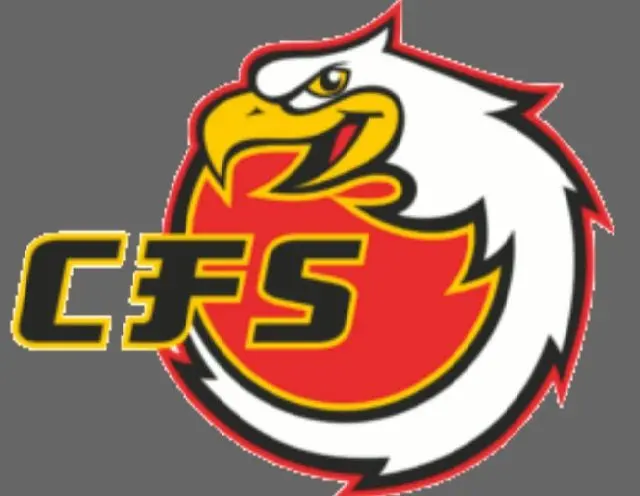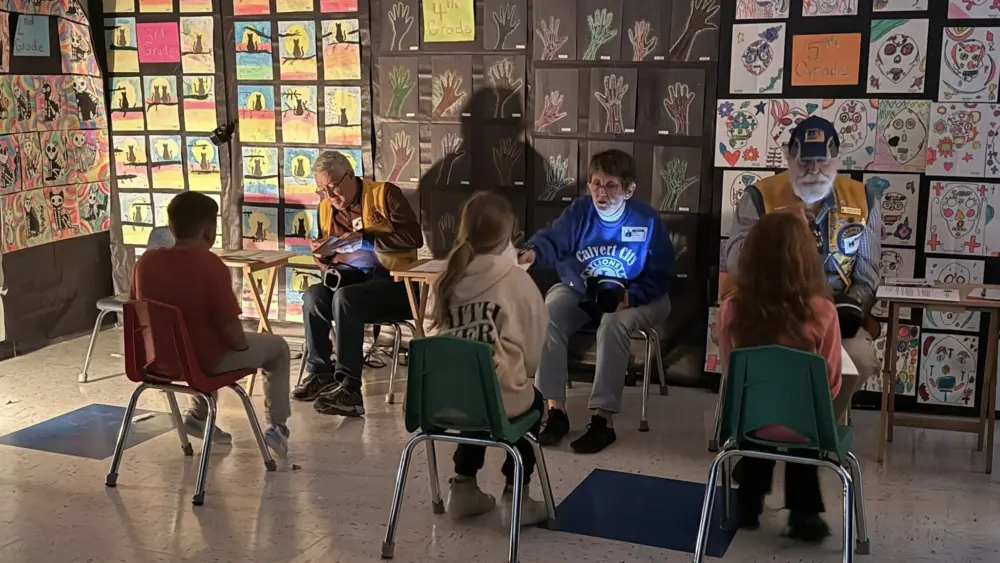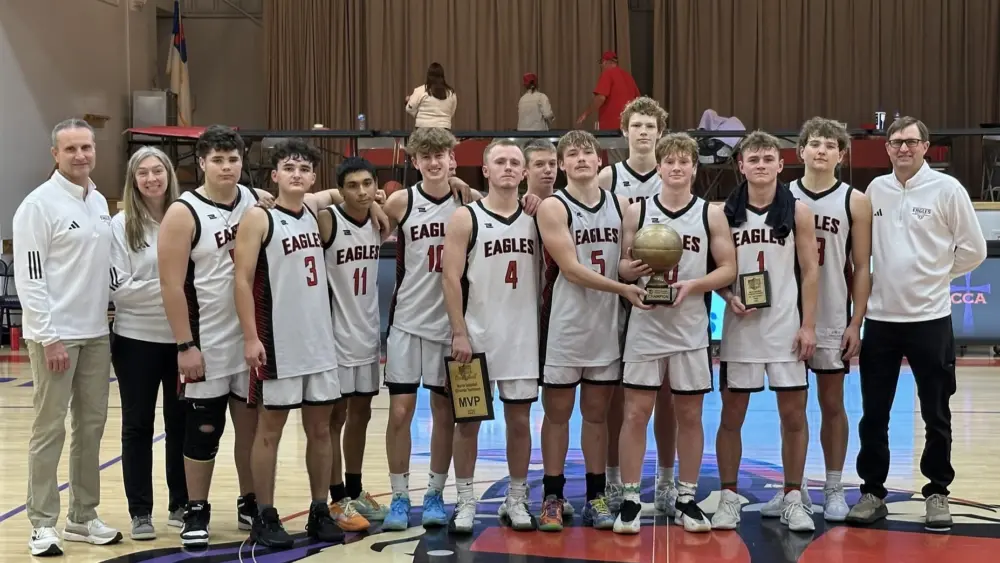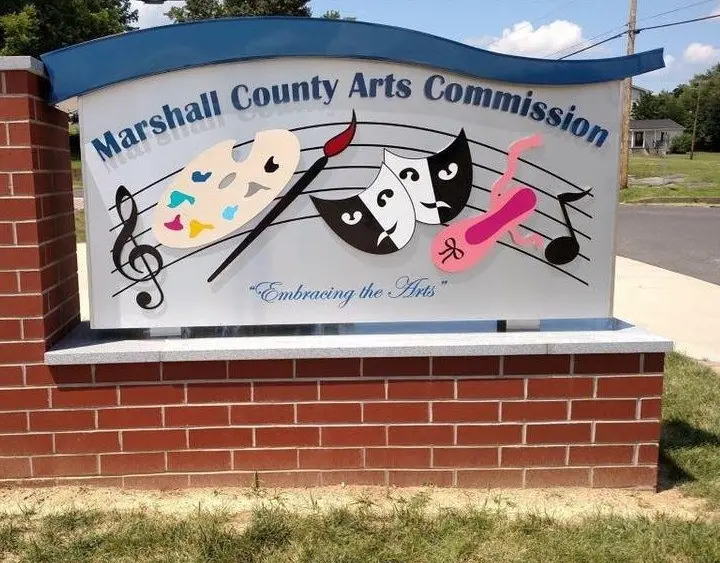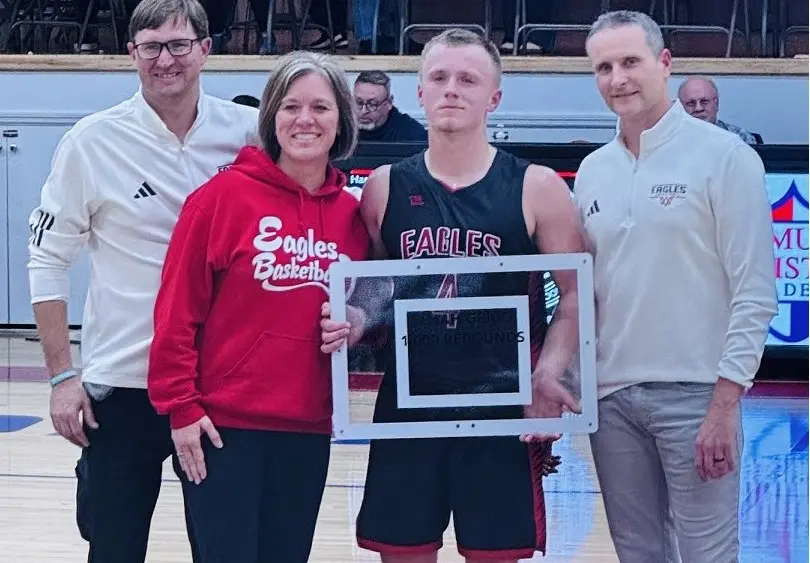One Man’s ‘Hobby’ Left a Lasting Legacy in Benton:
The History of H.H. Lovett Park
Written by Justin Lamb
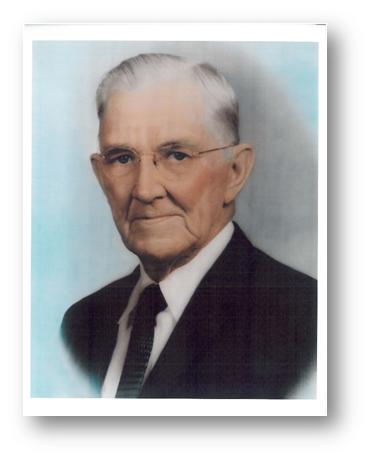
Circuit Judge H.H. Lovett, Sr.
One summer morning in the early 1930s, H.H. Lovett was driving to Paducah with fellow attorney Walter Prince to play golf when he first got the inkling for a city park in Benton. “That was the first time I ever had the idea for a park in Benton,” Lovett recalled in a 1962 interview with the Paducah Sun-Democrat, “but somehow I just couldn’t seem to get it off my mind.”
Finally after a few years of considering the idea, Lovett decided to take action. He got into his car one morning and made the trip north to Louisville to speak with his close friend George Goodman who was the Kentucky director of the Works Progress Administration. It only took one meeting with Goodman for Lovett to convince him to commit to the project. “I liked the idea of helping small communities build parks because larger cities could finance their own recreation facilities,” Goodman later commented. Lovett left Louisville encouraged, but one major obstacle remained: where the park would be built?
The old fair grounds on East 14th Street which was owned by the Marshall County Fair Association did not have the adequate space for a park. Lovett, who owned all of the remaining stock in the old fair association, negotiated a deal that the four-acre plot of land along with $850 raised by the townspeople would be traded for an abandoned fifty-two acre farm on the south end of the city.
Lovett purchased the land which was covered with locust bushes, saplings, and saw briars, and donated it to the City of Benton with the condition that if the land ever ceased to be used as a city park, it would revert back to his ownership or to his heirs. This was done to keep anyone from dividing up the land for private business purposes.
As soon as the transfer was complete, the WPA began clearing the land and construction began in the early 1940s. Eventually two baseball parks, tennis courts, a basketball court, picnic area, and a miniature golf course were constructed by the end of the decade. “The more we can give these youngsters to do,” Lovett claimed “the less trouble we’ll have with them now and in the future.” fter the Benton City Council created the City Park Commission, Lovett was appointed and elected chairman to oversee the operations at the park in which he always referred to as his hobby. After the park was completed, Lovett was not satisfied and an idea then arose to build a community center on top of the hill of the park to be used for civic functions. Construction began, but quickly stalled due to lack of funds. Lovett suggested reorganizing the Marshall County Fair Association, which had disbanded during the 1920s due to competition from school fairs, in order to raise the necessary money. Lovett, along with business owner Curt Phillips and Benton Mayor Jim Kinney, formed a committee and sold one hundred lifetime memberships at ten dollars a person. Not long after, construction was able to commence and the community building was completed. The new county fair was held on the site the next summer and has been operating there ever since.
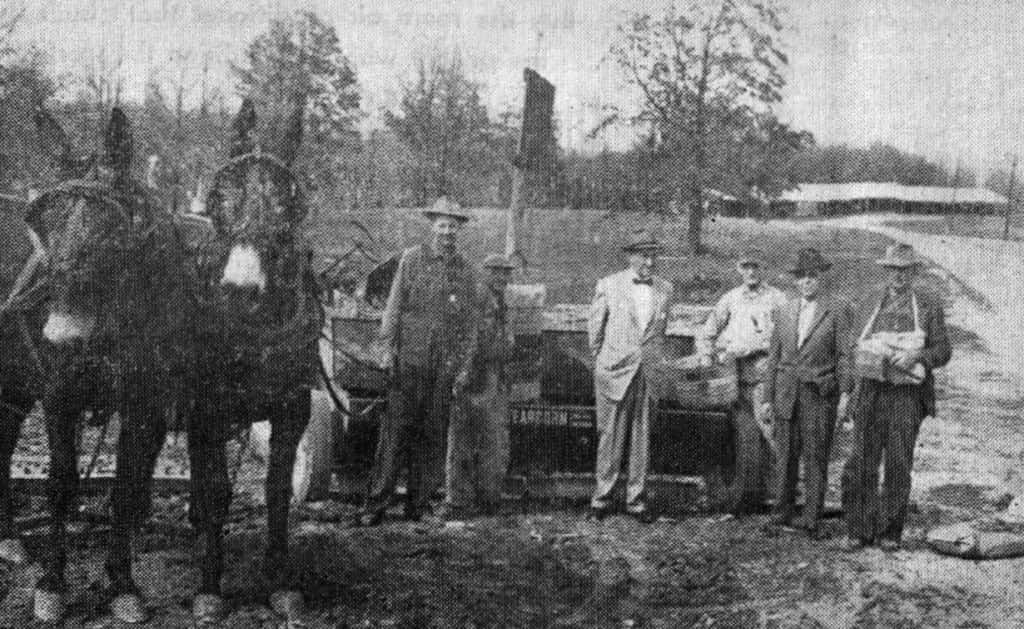
Judge Lovett (third from left) along with Galen Hiett, Dan Castleberry, Charlie Cone, and Robert Edwards, and Curt Phillips prepare for the 1956 Fair at Benton City Park.
The next task was to build a racetrack east of the community building and Lovett, who was the attorney for the Bank of Benton, convinced the bank to float $1,000 worth of bonds to the Fair Association to help construct the racetrack. In order to save money, the grandstand was built into the side of the bank. The sale of box seats and season tickets helped pay for the cost of the grandstands. “We actually raised the money to pay for our new grandstand the first year we had it,” Lovett, an ardent fiscal conservative, boasted proudly.
After his retirement from public life, Lovett passed on his “hobby” to his youngest son, John Clay Lovett, who oversaw the city park when he was appointed chairman of the City Park Commission. Much like his father, John Clay Lovett kept the park moving forward when he oversaw construction of the pool and bathhouse.
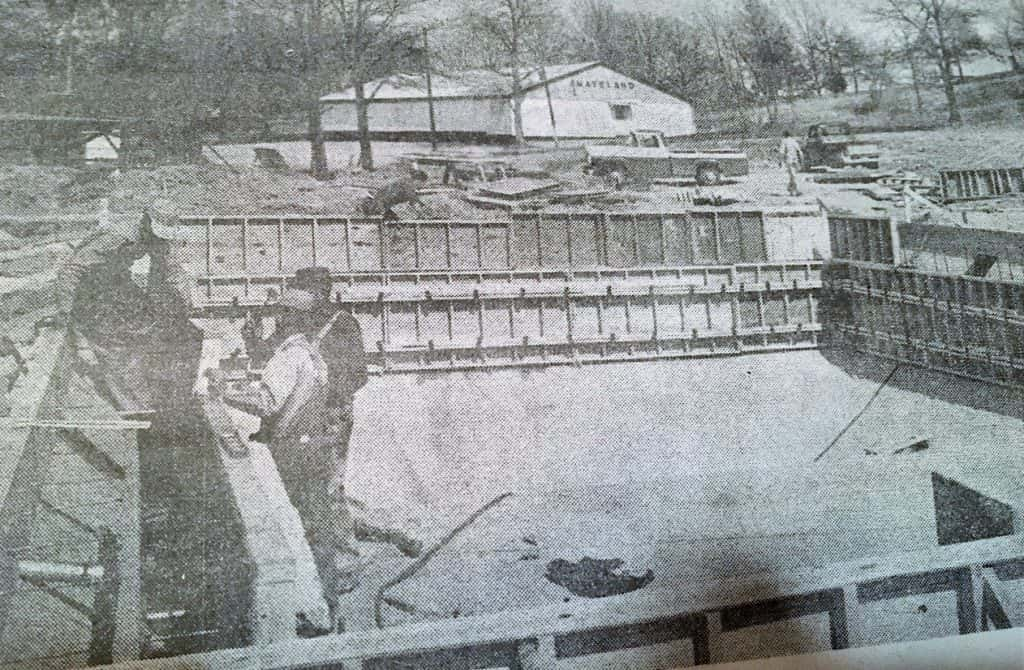
Construction of Benton pool house in 1961.
Judge H.H. Lovett passed away in May 1971 and the construction of Benton City Park is perhaps H.H. Lovett’s most long-lasting impact in Marshall County, In October 1979, the Benton City Council voted unanimously to rename the Benton City Park as “H.H. Lovett Park” in honor of its founder. Lovett always shunned the credit for the park named after him, but instead credited the entire community. “Without the civic-minded people of Benton, their loyalty and cooperation, we could never have gotten anywhere. It was a struggle at times, but it was always fun to know we were doing something that people would enjoy for many years to come,” Lovett commented in 1962.
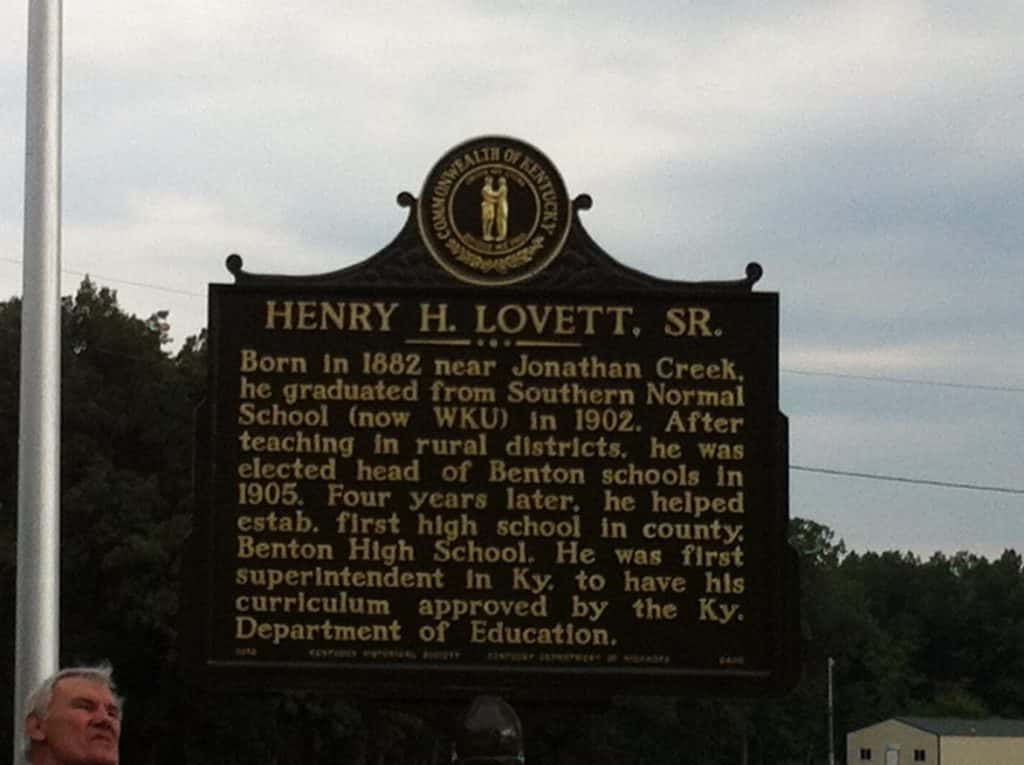
A Kentucky Historical Marker commemorating Judge Lovett’s life was dedicated in the park in 2013.
In recent months, Mayor Rita Dotson and the Benton City Council have taken steps to give the park a much needed facelift so it can be enjoyed by a new generation of citizens. Several upgrades to the park have been made which have included construction of new bleachers and grandstands, renovations at the community building, repainting the entrance archway and lights, and purchase of a new pool liner and sunshade.
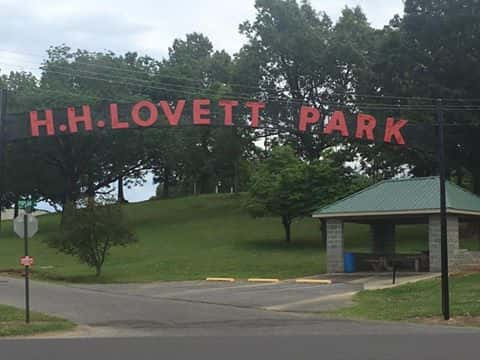
Repainted archway at Lovett Park
Councilman Justin Lamb, who is a distant relative of the late Judge H.H. Lovett, is excited to see the improvements to the park. “I’m glad to see Judge Lovett’s legacy carried on through the city park and I am grateful to Mayor Dotson, the city council, city workers, and the park board for coming together and working collectively to improve our city’s park. Benton is fortunate to have such a beautiful and accessible park and I’m pleased it’s finally getting the attention it deserves.”
Mayor Rita Dotosn echoed those same sentiments. “It’s the goal of the city to revive the park and bring it back to its glory days. Our kids grew up there playing ball, attending the fair, having picnics at the pavilion, and back then the park would be so full you couldn’t find a parking spot. My hopes are that someday it will be like that again.”
In the coming months, Mayor Dotson and the council have even more plans for the park which include adding a new disc golf course, applying for grant funding to include more walkways throughout the park, new bathroom upgrades, purchasing new playground equipment, and construction of a new pool house which will be begin following this summer’s pool season.


